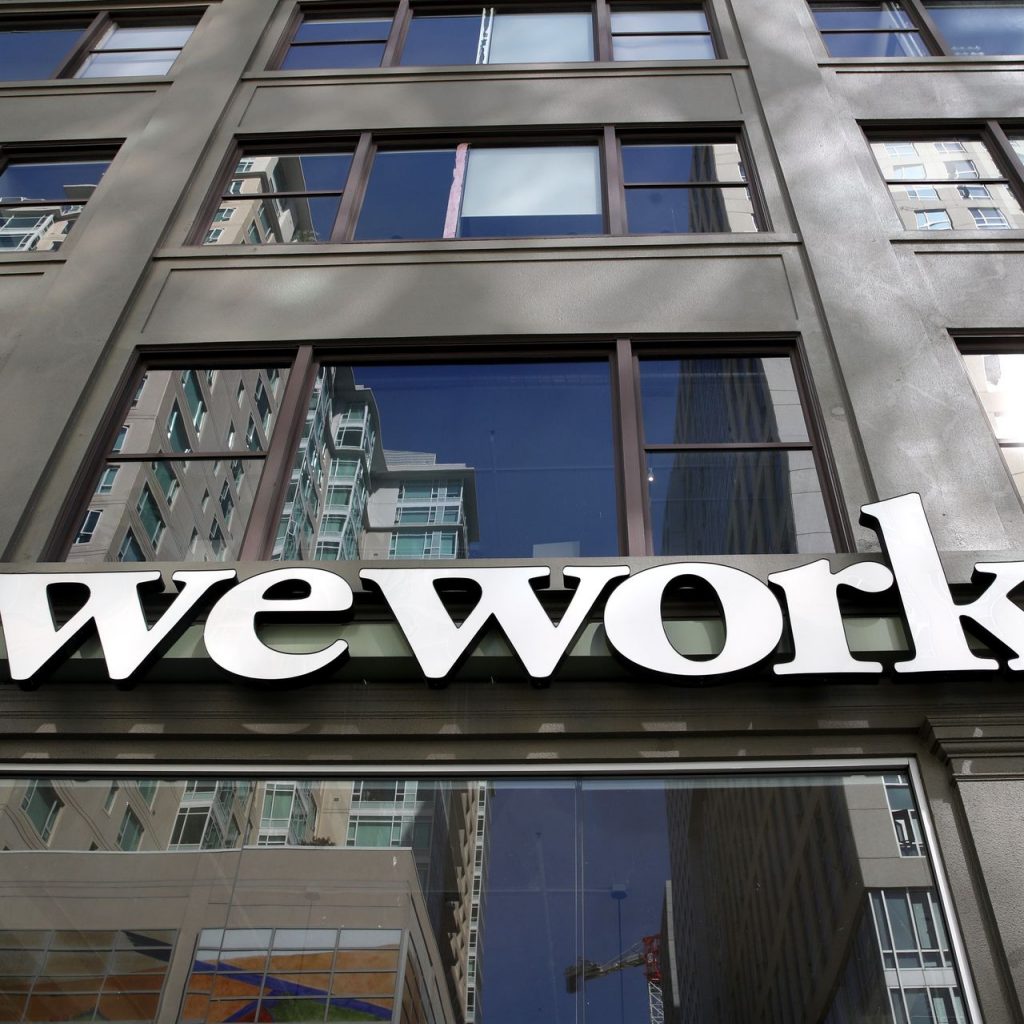Since 2016, insurance companies and other large institutional investors have been dramatically reducing their hedge fund investments.Citing an article in the Wall Street Journal, Financial News London observes that U.S. insurers withdrew about $8.7 billion from hedge funds during 2016 and 2017.
So far in 2018, American International Group and MetLife alone have pulled more than $700 million from these funds. Pension funds and other institutional investors have withdrawn another $2 billion from hedge funds during the first six months of 2018.
Why Put Money in a Hedge Fund?
Hedge funds ostensibly offer above-market equity-like returns with a lower level of risk.
Having your cake and eating it too is too good to be true. Hedge fund performance turned out to be no different, even in the strong bull market over these past years.
An article in the New York Times notes that hedge fund returns have trailed the S&P 500 stock index every year since 2009. At the same time, hedge fund managers were charging investors hefty fees for their money management services.
Investors began to realize they could make better returns buying shares in an index fund, or buying the FAANG stocks of Facebook, Amazon, Apple, Netflix, and Google.
Too Much Capital Chasing Too Few Deals
One reason for the underwhelming performance of hedge funds has been the huge number of funds and the vast amounts of money that they manage.
MetLife estimates that there are about 10,000 funds with over $3 trillion invested – and they are all chasing after the same limited number of attractive investments.
The insurance industry is one of the most heavily regulated business sectors in the U.S. Ironically, until recently they’ve also been the largest investors in one of the most unregulated industries in the U.S. – the hedge fund industry.
In addition to too much money chasing after too few deals, hedge funds typically pursue a strategy of betting for or against stocks, bonds, and other financial instruments.
This investment approach used by hedge funds has become increasingly risky as the Federal Reserve and central banks around the world haven’t hesitated to intervene in the global financial markets as they see fit.
Keeping Cash on the Sidelines?
When markets become unpredictable and overvalued, investors redeploy capital.
Recently we wrote about how commercial real estate investors have been cashing out of potentially over-valued equity positions, instead putting money into the relative safety and security of debt.
Another technique is simply to hold cash on the sidelines. This ‘dry powder’ approach keeps cash on hand until the dust settles in the marketplace and solid investment opportunities present themselves.
We believe this is precisely what insurance companies, pension funds, and institutional investors have begun doing.




